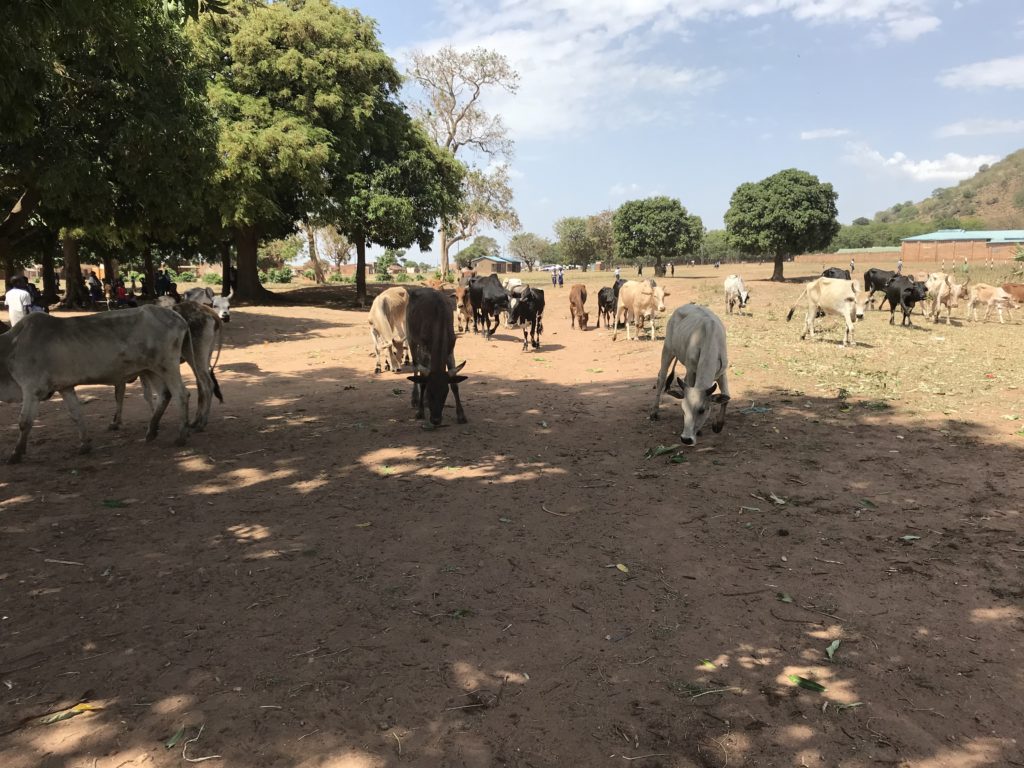Unless you live in rural Africa, it is hard to grasp just how difficult it is to find affordable medical help when you need it. However, people in the Global North who are without sufficient health insurance may understand how quickly life can spiral out of control when you become unwell. The same applies in rural Africa – but the challenges are more extreme. Never has this been more apparent than during the Covid-19 pandemic, which is exacerbating health and other inequalities globally.
Mark’s Story
Mark is 32 years old and has a large family. His work in construction does not provide a steady income, so he also keeps cattle. In 2010, he began having epileptic seizures. If he had an attack while he was minding his herd, the cattle would wander off, damaging other people’s crops. Farmers demanded compensation, and Mark was soon selling cattle to pay them.

It was also costing him more money than he could afford to get medical treatment. Travelling almost ten miles (or fifteen kilometres) to hospital in Agago District was expensive, and so was the treatment he received. Soon, he found himself in a trap – if he was going to be well enough to work, he needed medical help, but the costs involved were putting his family in jeopardy. His children dropped out of school, and his eldest daughter got married so her parents would benefit from her dowry. This was not what Mark had in mind when he started a family.
Sharing His Journey With Others
Then, a year ago, Mark heard about the mental health services offered by our Ugandan partner, BNUU. With their help, Mark’s condition stabilized, and after years of taking drugs, he is now on a medication break.
Even though Mark is taking a “drug vacation,” he still comes to every session, telling others about his journey, urging them to follow the clinical protocols. He has been elected secretary of the self-help group and he chairs a village savings-and-loans association. All this was unimaginable a few years ago.
He told us, “I am feeling very happy and looking at a brighter future ahead. I’ve planted crops in two fields, and I’m grateful to the counsellors for showing me the way forward.”
Network for Africa will share more from our counsellors in upcoming blogs. Please help Network for Africa to support our counsellors who are working incredibly hard to counsel many hundreds of men and women across Africa. At the moment, our help is particularly vital because the demands of the Covid-19 pandemic has meant there is an increased demand for mental health support, together with a shortage of drugs in rural Uganda. Thank you.
Help Support Our Counsellors